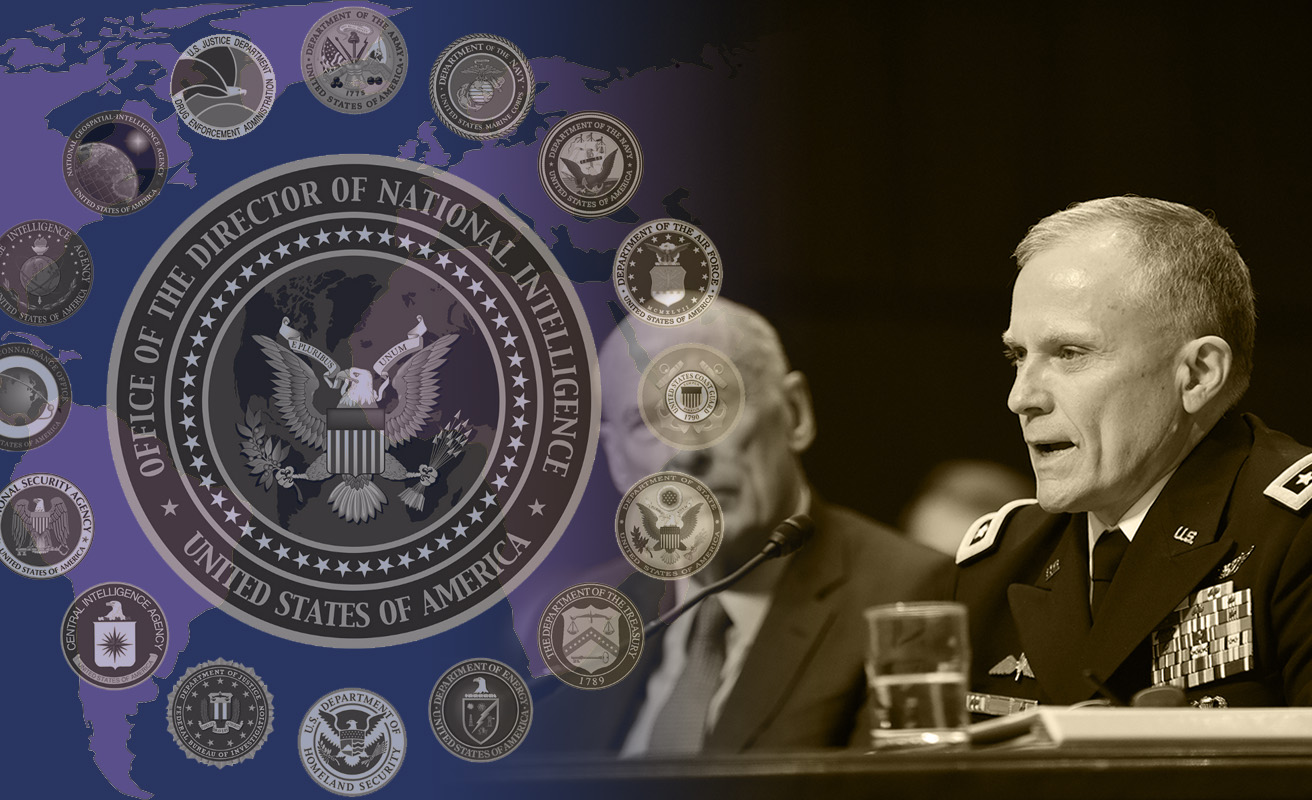
Military intelligence is important, but it isn’t the whole world
As quoted from David Oakley’s book, Subordinating Intelligence: The DoD/CIA Post-Cold War Relationship
How has the relationships among intelligence agencies evolved over the past half century, and why is this important for national security leaders today? In this episode in our on-going series on Strategic Intelligence, David Oakley shows how two prominent actors in the intelligence community — the Department of Defense and Central Intelligence Agency — moved from an even-weighted partnership to a virtual supported-supporting relationship since the 1990s. Using the constructs of “intelligence for action” vs. “intelligence for understanding,” Oakley describes how this negatively impacted the functioning of the community as a whole. U.S. Army War College DeSerio Chair for Strategic Intelligence Genevieve Lester moderates.
Podcast: Download
Subscribe: Apple Podcasts | Spotify | Amazon Music | Android | Pandora | iHeartRadio | Blubrry | Podchaser | Podcast Index | TuneIn | Deezer | Youtube Music | RSS | Subscribe to A Better Peace: The War Room Podcast
David Oakley is an Assistant Professor in the Department of War and Conflict Studies at the National Defense University. Genevieve Lester is the De Serio Chair of Strategic Intelligence at the U.S. Army War College. The views expressed in this presentation are those of the speakers and do not necessarily reflect those of the U.S. Army War College, U.S. Army, or Department of Defense.
Photo: Director of National Intelligence Daniel Coats, left, and Director of the Defense Intelligence Agency Lt. Gen. Robert P. Ashley, Jr. testify on March 6, 2018, on Capitol Hill.
Photo Credit: Defense Intelligence Agency photo
Other releases in the “Intelligence” series:
- THE ROLE OF INTELLIGENCE TODAY
- POLICY SUCCESS VS. INTEL FAILURE?
- IMPACT (OR NOT) OF INTEL ON STRATEGIC DECISION MAKING
- STRATEGIC ATTACKS AND THEIR FALLOUT
- NEEDLES IN HAYSTACKS: ANALYZING TODAY’S FLOOD OF INFORMATION
- WHERE DOES INTELLIGENCE GO FROM HERE? AN INTERVIEW WITH JAMES CLAPPER
- THE DOD-CIA RELATIONSHIP: ARE WE MILITARIZING STRATEGIC INTELLIGENCE?
- THE SIGNIFICANCE OF THE ODNI: AN INTERVIEW WITH JAMES CLAPPER
- AFGHANISTAN: WHERE WAS THE INTEL?
- TRUE SPIES: STUDYING AND UNDERSTANDING MODERN ESPIONAGE





As a career intelligence officer, beginning with service as a member of the U.S. Army’s Counterintelligence Corps (CIC) in the 50s and retiring as a SIS officer of the CIA in 1990 (including assignments to the USAWC faculty-81-83 and as CIA Officer in Residence on the faculty of the University of Texas 87-89) I have had a growing concern of this shift in direction from intelligence for understanding vs intelligence for action for quite some time. When I returned to the CIA for a short period fifteen years following my retirement I felt like in many respects I was working for entirely different folks, many of whom, perhaps unknowingly, having lost their strategic focus were devoting a disproportionate part of their resources to tactical military issues. While I fully understand the value of working with the military, both foreign and domestic, and had gone through a six month course in para military operations as part of my initial training, I felt uncomfortable with the extent to which the Agency’s mission has been coopted for military purposes. It appears to me that, given the limited resources the CIA has to work with, their mission has become unbalanced and that for the long term future of the nation this balance needs to be restored. Otherwise we will run the risk of being lost in the weeds and unable to see the forest for the trees when it comes to long term planning and policy making. Professor Oakley’s book is pointed in the right direction and hopefully it will reach enough folks willing and able to make a course correction.
During General Abrams tenure in Vietnam, there were multiple efforts to have all intel (CIA, PACOM, and MACV) speak with one voice. Abrams resisted these efforts, relying on his J-2. This, though, his J-2 didn’t necessarily listen to subordinate intel units, especially HUMINT.
The CIA, at the time, thought they knew all and, as a consequence, pooh-pooh all others (as they flew around in their silver Huey, in I Corps, at least). In subsequent assignments, their “attitude” never seemed to change much.